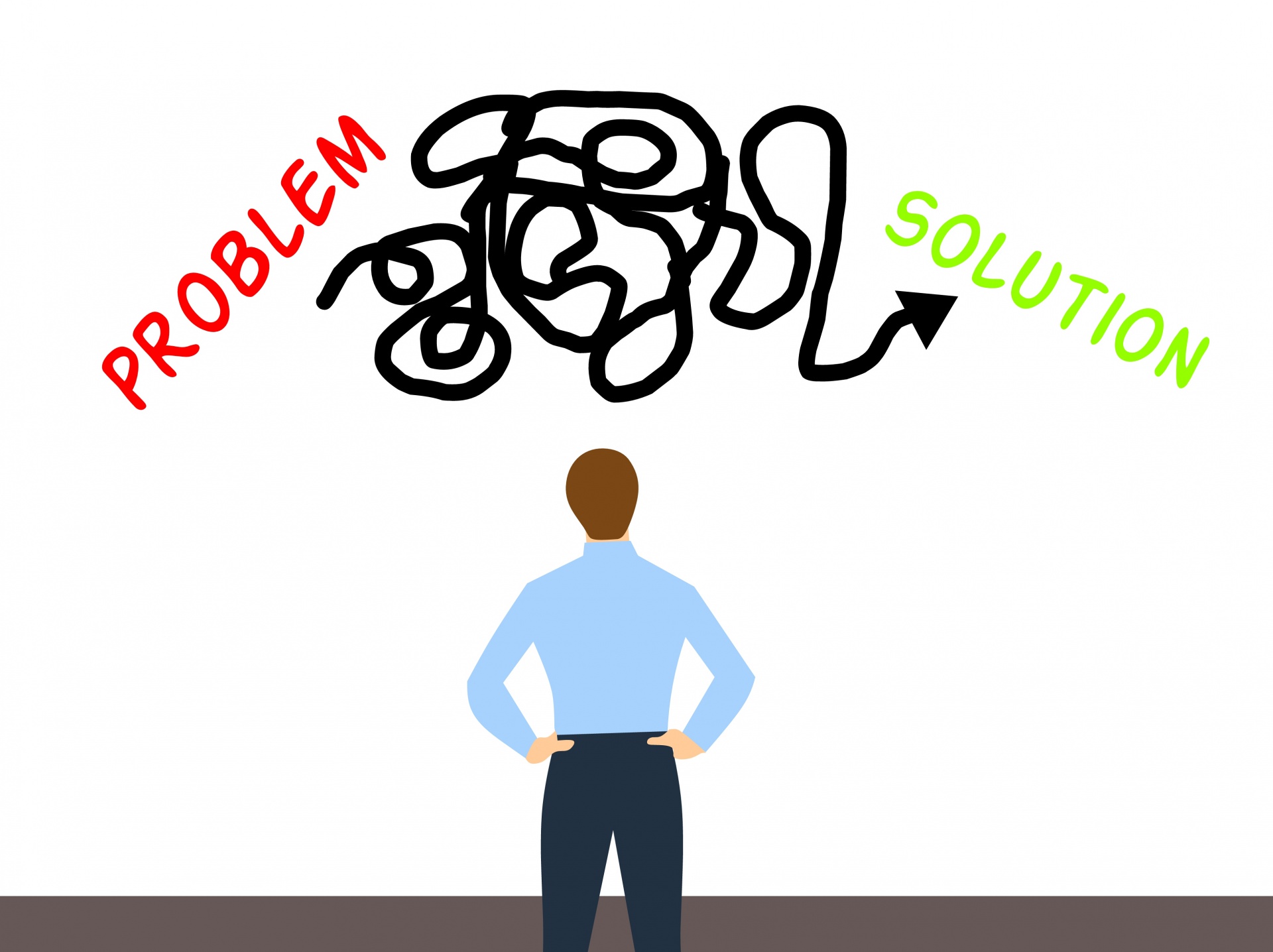Are you looking to enhance your problem-solving skills in mathematical analysis? Look no further, as we have compiled three effective strategies to help you sharpen your analytical thinking and tackle complex mathematical problems with confidence. Whether you are a student grappling with challenging math problems or a professional seeking to improve your problem-solving abilities, these strategies will help you develop a systematic approach to problem-solving that will set you up for success.
By incorporating these strategies into your practice routine, you can take your mathematical analysis skills to the next level and become a more adept problem solver. Let’s dive into the three strategies that can help you excel in mathematical analysis.
1. Utilizing Visualization Techniques to Enhance Problem-Solving Skills in Mathematical Analysis

In the realm of mathematical analysis, problem-solving skills are essential for success.
By incorporating visualization techniques into the learning process, students can enhance their ability to tackle complex mathematical problems more effectively. Visualization allows individuals to break down problems into more manageable parts, making it easier to identify patterns, connections, and potential solutions.
Through the use of diagrams, graphs, and other visual aids, students can gain a deeper understanding of mathematical concepts and improve their problem-solving skills. When students engage in visualizing mathematical problems, they are able to approach challenges with a different perspective, ultimately leading to more efficient problem-solving strategies.
2. Implementing Logical Reasoning and Critical Thinking in Mathematical Analysis Problem-Solving

To enhance problem-solving skills in mathematical analysis, it is essential to implement logical reasoning and critical thinking. These skills play a crucial role in breaking down complex mathematical problems into manageable parts, identifying patterns, and determining the most effective strategies to arrive at a solution.
By encouraging students to think critically about the information presented to them, analyze different problem-solving approaches, and consider the validity of their solutions, educators can help students develop a deeper understanding of mathematical concepts and improve their problem-solving abilities. Incorporating logical reasoning and critical thinking into mathematical analysis not only enhances students problem-solving skills but also equips them with valuable tools that can be applied to a variety of real-world situations.
3. Practicing Problem-Solving Strategies and Techniques to Improve Mathematical Analysis Skills

One of the most effective ways to enhance your problem-solving skills in mathematical analysis is to practice various problem-solving strategies and techniques. By exposing yourself to a wide range of mathematical problems and challenges, you can develop a deeper understanding of different problem-solving approaches and expand your analytical capabilities.
Experimenting with different methods, such as trial and error, pattern recognition, and logical reasoning, can help you become more adept at tackling complex mathematical problems. Through consistent practice and experimentation, you can sharpen your problem-solving skills and improve your ability to analyze and solve mathematical problems with confidence and efficiency.
Conclusion
In conclusion, enhancing problem-solving skills in mathematical analysis requires a combination of critical thinking, practice, and strategic approaches. By focusing on understanding the concepts, breaking down complex problems, and applying different strategies such as substitution and simplification, individuals can become more adept at solving mathematical analysis problems effectively.
Additionally, Verification of limits using the definition can provide a strong foundation for understanding the fundamental principles of calculus. With dedication and diligence, individuals can improve their problem-solving skills in mathematical analysis and ultimately excel in this challenging subject area.











